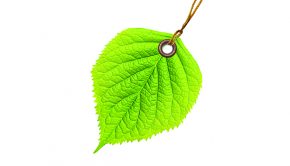Corn Guzzler
Downsides of Ethanol
Ethanol, which makes up 10 percent of the gasoline available at filling stations, together with other biofuels made from crops, might have appeared to be a way to reduce reliance on fossil fuels. However, recent research shows that the federal government’s push to up production of corn-derived ethanol as a gasoline additive since the U.S. Renewable Fuels Standard was enacted in 2007 has instead expanded our national carbon footprint and contributed to a range of other problems.
The nonprofit Environmental Working Group warns that continued production of corn ethanol is both worse for the climate than gasoline and also bad for farmers, the land and consumers. “It’s driving up food prices, straining agricultural markets, increasing competition for arable land and promoting conversion of uncultivated land to grow crops,” according to this watchdog organization.
The U.S. Environmental Protection Agency is reportedly weighing a proposal to cut the amount of ethanol currently required by law to be blended into gasoline by 1.39 billion gallons, equivalent to taking 580,000 cars off the roads for a year. Researchers have been trying to develop greener forms of ethanol, but none are ready for market yet.
For more information, visit epa.gov/otaq/fuels/renewablefuels.
<












